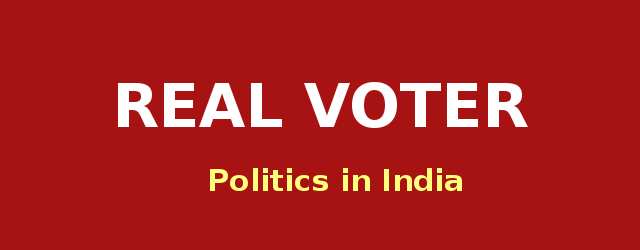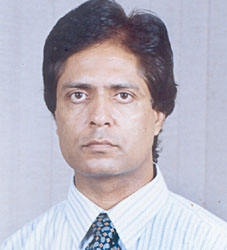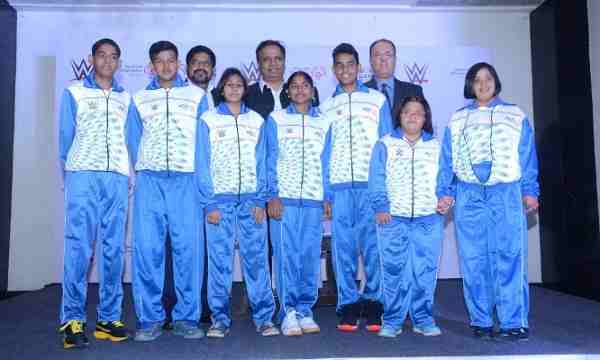How India Is a Defective Democracy – Part 1
Today, people or common citizens don’t have any role to play in the affairs of a so-called democratic government. And there is a big divide between the rulers and the ruled.
By Rakesh Raman

In his Gettysburg speech of 1863, the-then U.S. President Abraham Lincoln introduced America’s representative democracy as the “government of the people, by the people, for the people.”
Driven by this principle of democracy, many progressive nations adopted it as the system of governance for the well-being of their people.
But slowly the democratically elected members in various governments started misusing their powers for their own selfish interests, reducing the concept of democracy to a mere farce.
Now the democratic system of governance has lost its very meaning. Today, people or common citizens don’t have any role to play in the affairs of a so-called democratic government. And there is a big divide between the rulers and the ruled.
After giving power to a few politicians, today’s democracy becomes autocracy or it plays in the hands of the wealthy to become a plutocracy, which is a deformed form of democracy.
India is one such deformed democracy. While political analysts often discuss about the reforms in the Indian democratic system, it can’t be reformed. Rather, there is a need for a complete overhaul, a need for a totally new system of governance.
To discuss the defects in the Indian democracy, RMN News Service of RMN Company has started a three-part Defective Democracy editorial series. This is the first article in this initiative under our REAL VOTER section that covers political developments in India.
Here are the defects in the Indian democracy.
Election Paradox
The problem begins with the elections (Lok Sabha as well as State Assembly elections). Today, in India’s population of 1.2 billion, there are nearly 750 million voters. On average, about 60% voters vote.
It’s mostly seen that a candidate in any constituency wins the election with nearly 50% of the votes polled. So, if there are, say, 100 voters in a constituency, 60 will vote. And the winner will get 30 votes.
In other words, out of 100, 70 have not elected that candidate for their area. Then how can such a candidate be the true representative for the whole population in that area or constituency?
But this faulty system is followed throughout India. Take, for example, the last Lok Sabha elections of 2009. In those elections, 417 millions votes were polled out of total voters of 716 million.
In the 543-member Lok Sabha, a political party needs at least 272 seats for majority and to form the government. But the Indian National Congress (or Congress) won just 206 seats and formed the government – with support from smaller parties with fewer seats.
This is a major flaw by itself because a coalition government is formed on mutual convenience of political parties rather than any convergence of ideologies or objectives to serve the masses.
A major paradox in such elections is that majority of the voters don’t elect but reject the party that forms the government. In 2009, Congress got 119 million votes, which is just 16.6% of the total votes. That means, 83.4% voters did not want Congress to form the government.
How can a government function properly without having the trust of majority of its people? This fault in the Indian electoral system has been persisting for decades.
Voter Illiteracy
Among the other irritants in the present-day democracy is the lack of education among Indian people. The literacy factor is a big bottleneck in the progress of the country on all conceivable fronts.
This is also reflected in the elections process, as people elect the candidates without analyzing their capabilities and then keep complaining during their tenures till the next elections.
According to government data, the national literacy rate is 74%. Most would think that this is a good achievement for a developing country like India. However, these figures are misleading. They conceal more than what they reveal.
The definition of literacy in India is flawed. Literacy is defined as “every person above the age of 7 years who can read and write in any language is said to be literate”.
How can you expect such a “literate” person to take informed decisions in an election to elect the right candidate? While the entire education system in India is defective, you need to be at least a graduate and intelligent enough to understand the good and bad of governance in the democratic system.
Going by this yardstick, you don’t have even 20% voters in the country who are educated – and educated enough – to participate effectively in the election process. Consequently, those who vote, can’t think; and those who think, don’t vote.
Result: Incapable politicians and defective democracy that brings misery and pain for the people at large. Indian people are the victims of this flawed democratic system.
To be continued… in the next part of our Defective Democracy editorial series
By Rakesh Raman, the managing editor of RMN Company.
You also can read: More Articles by the RMN Editor, Rakesh Raman





